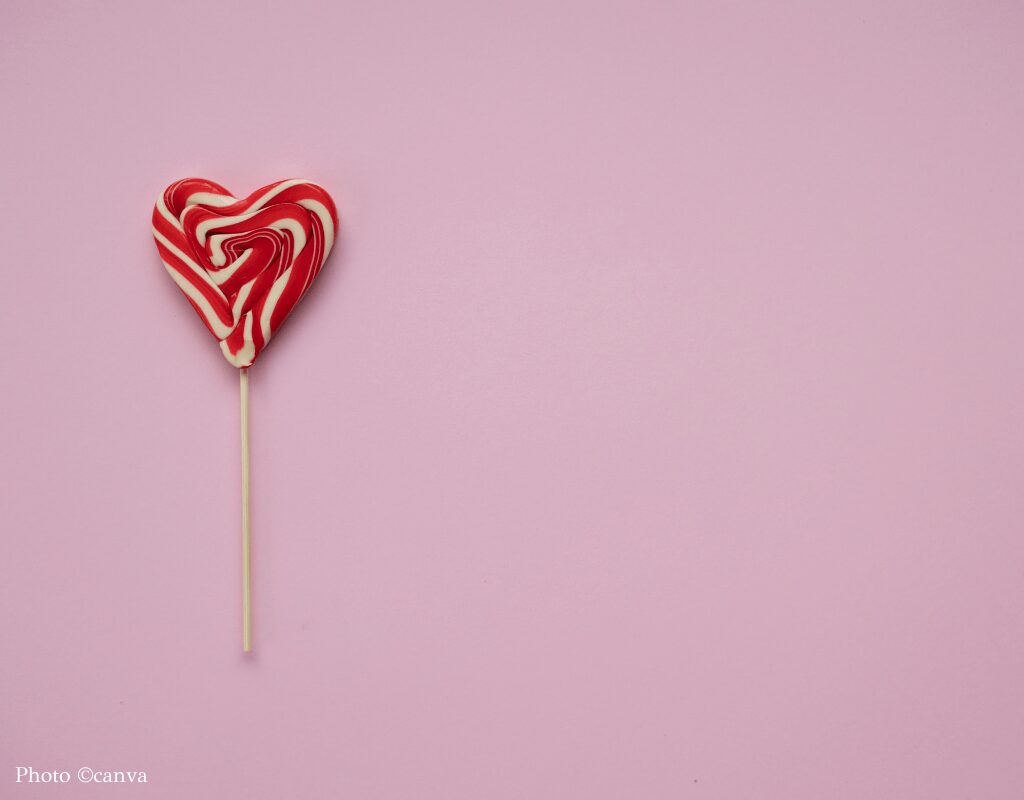Valentine’s Day Japan has grown beyond its original tradition of women giving chocolates to men. Today, it includes a range of customs—giri-choco (obligation chocolate), honmei-choco (true love chocolate), and even treats for yourself. The focus has shifted from obligation to self-love and friendship.
Let’s explore the evolving customs and what makes Valentine’s Day in Japan so unique!
For other articles about Japanese culture, please click below.
Table of Contents
Chapter 1: The Tradition of Valentine's Day Japan
On Valentine’s Day Japan, it’s traditional for women to give chocolates or small gifts to men—a custom that sets it apart from celebrations in other countries. Though this tradition is gradually changing, it remains a unique and interesting part of Japanese culture.
According to the Japan Chocolate & Cocoa Association, the custom began in the 1950s when a chocolate company put up a handwritten “Valentine’s Sale” sign at Isetan department store in Shinjuku. The following year, they promoted the idea that women give chocolates to men. By the 1960s, confectionery brand Morinaga helped popularize the tradition by increasing chocolate sales during Valentine’s season. Over time, this practice became an established part of Valentine’s Day Japan.
Chapter 2: How Chocolate Giving Has Changed Over Time
On Valentine’s Day Japan, chocolates now come in many forms, not just from women to men. Over time, different ways of giving chocolates have become more popular.
Giri-choco (義理チョコ) – Obligation chocolates
Women give these chocolates to bosses, colleagues, or people they appreciate, but not in a romantic way. Many companies have gradually moved away from this tradition, as it can create a sense of pressure for both the giver and the receiver.Honmei-choco (本命チョコ) – True love chocolates
Women give these chocolates to romantic partners to express their deep feelings and affection.Tomo-choco (友チョコ) – Friendship chocolates
Friends, especially women, exchange these chocolates as a fun way to celebrate.Jibun-choco (自分チョコ) – Self-indulgence chocolates
Many people buy these chocolates as a treat for themselves or simply to try the limited-edition flavors. During this season, many brands release special flavors.

Chapter 3: Latest Trends in Valentine’s Day Japan
A survey of 200 women aged 20 to 50 asked who they give Valentine’s chocolates to. The results showed that 117 women give chocolates to their husbands, followed by parents, friends, or themselves. Only 30 women mentioned giving chocolates to colleagues, showing that giri-choco (obligation chocolates) is becoming less common.



